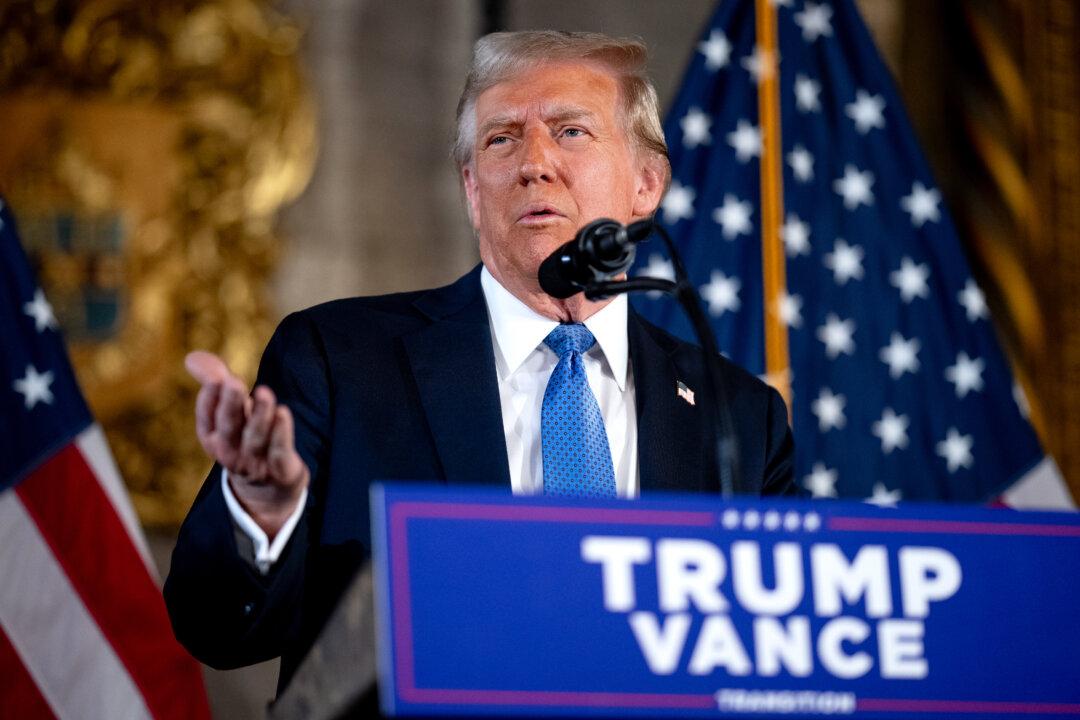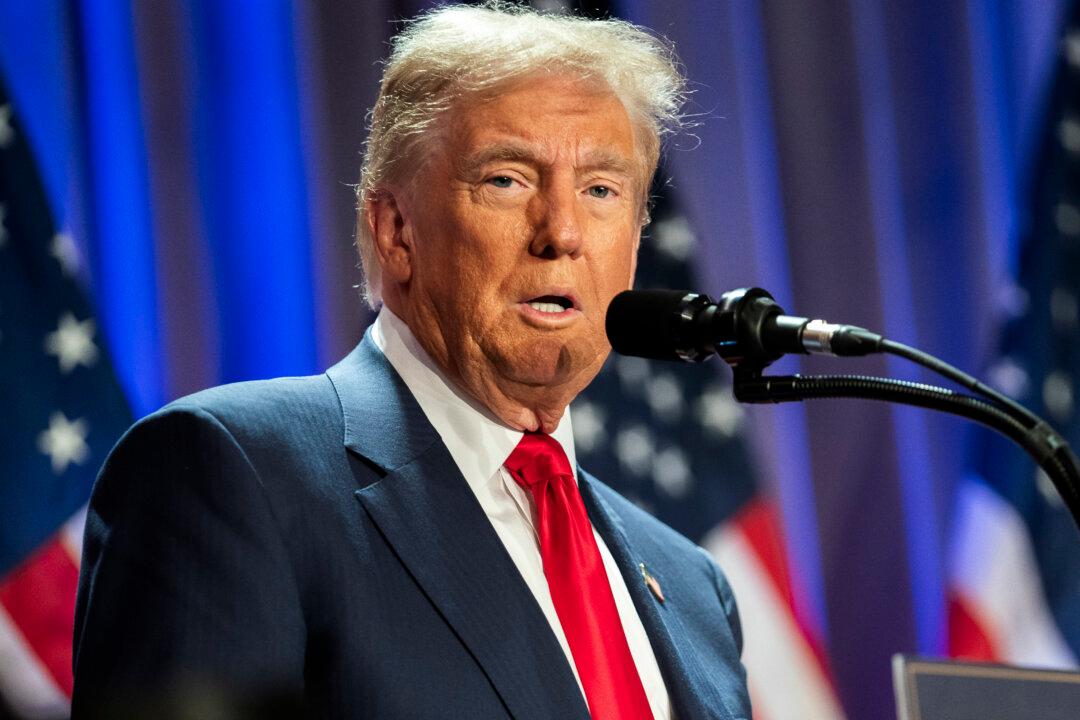The House Committee on Natural Resources Subcommittee on Oversight and Investigations held a hearing on Thursday titled “Dependence on Foreign Adversaries: America’s Critical Minerals Crisis.”
Members and witnesses agreed that the United States depends too much on foreign markets—allies and adversaries—for many minerals critical to multiple national economic sectors. According to Rep. Paul Gosar (R-Ariz.), this undermines national sovereignty, technological innovation, and economic prosperity.
By assessing the current state of the nation’s critical mineral supply, the United States could once again resuscitate national security and “unleash America’s energy and mineral potential.”
“This is an urgent matter as we rely on critical minerals for our way of life, from smartphones and laptops to renewable energy technology to medical equipment, military gear, energy storage, defense systems, and many essential aspects of modern life and natural security depend on an abundance of critical minerals,” he said.
World Depends on Chinese Minerals
Today, China controls approximately 60 percent of the world’s output of rare earth minerals and materials, including cobalt, graphite, lithium, manganese, and nickel. These are crucial for developing electric automobiles, batteries, computers, and renewable technology, such as wind turbines and solar panels.Beijing also maintains a considerable of the world’s mineral refining. The world’s second-largest economy, for example, refines 95 percent of the planet’s manganese, a chemical element found in batteries and steel manufacturing. And yet, China only mines less than 10 percent worldwide supply.
Republicans serving on the subcommittee asserted that permitting and stringent regulations in the mining sector have overburdened the industry, pushing investment to China and other overseas markets where environmental and labor standards are not as strict.
As a result, the U.S. is forced to depend on various sources to manufacture mobile devices and laptops and many of the green energy projects and systems inside President Joe Biden’s Inflation Reduction Act.
“The Chinese government doesn’t care about price fixing. They don’t care about playing fair. They exploit our system of free markets and the rule of law to gain market share. They will use low labor, they will use slave labor, they will use no environmental regulations to produce commodities,” said Rep. Bruce Westerman (R-Ark.).

The subject of child slave labor in the Democratic Republic of Congo was also mentioned in the hearing.
In the African nation, children work in the fields to mine cobalt, primarily used in lithium-ion batteries installed in electric vehicles and portable electronics. They dig the cobalt by hand and breathe in the toxic fumes and dust.
“We have to be realistic and understand what’s happening as we pour more money into an electrified economy,” Westerman added. “We’re increasing the labor participation rate in Congo with forced labor with child slave labor and people forced to do jobs for as little as $2 a day or less.”
Congo supplies nearly 75 percent of the world’s cobalt. But it is China that owns most of these mines, a situation that exacerbates supply chain snafus, says Nick Loris, the vice president of public policy at C3 Solutions.
“In addition to the egregious human rights tragedies, there are also economic and environmental concerns of over-reliance on China for minerals and processing,” he said. “Poor environmental standards and weak enforcement in China have resulted in contaminated groundwater and soil and dangerous levels of air pollution.”

What Are the Solutions?
While officials explained that it is imperative to kick the nation’s dependence on China for these minerals, witnesses noted that the government needs to act, whether it is trimming regulations or providing a better workforce to fill these mines.Dr. Michael Moats, the professor of materials science and engineering (MSE) at Missouri University of Science and Technology, purported that any new mines, facilities, or plants will need both talented engineers and tradesmen to occupy these locations.
“We need to focus on the trades as well as the engineers who are going to develop all of these things that you want to innovate,” he said.
“We need to look at how to create more value out of our existing operations in the short term while looking at new deposits and new opportunities to expand our production of these critical minerals and all minerals and all metals in the United States.”
Because there is a considerable worker shortage in the mining industry, automation is another potential solution to ensure more efficiency and greater safety in the industry.




